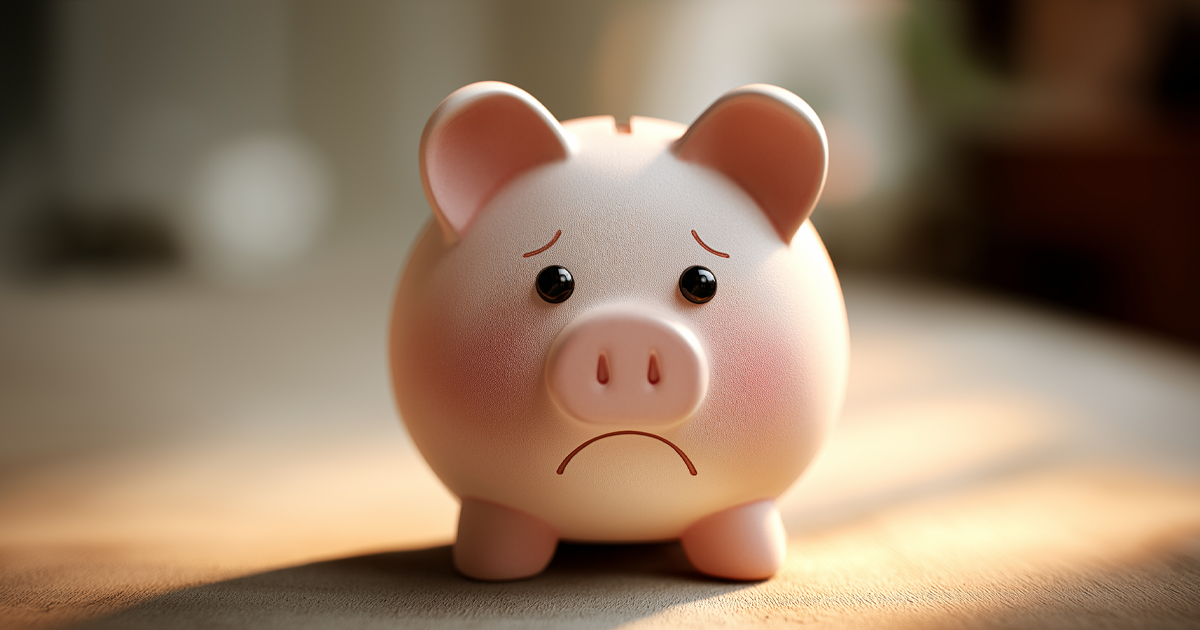
Frugality is often praised. Saving, avoiding waste, and thinking ahead about money are useful skills that build security and reduce stress. When taken too far, however, extreme frugality can become limiting. People who cut every small pleasure, avoid social invitations because they cost money, or feel ongoing guilt when they spend end up with fewer meaningful experiences, weaker relationships, and more decision fatigue. That pattern can quietly erode wellbeing even though the bank balance looks healthy.
When Frugality Becomes a Trap
Research shows that some people feel an unusually strong pain of paying, which leads them to spend less than they would like and to skip purchases that would increase wellbeing. The anticipatory discomfort around spending can push the overly frugal into choices that reduce everyday enjoyment. For example, avoiding small treats or social outings that matter most for happiness.
What You Buy Matters More than How Little You Spend
How money is spent often matters more for happiness than the amount saved. Studies have found that spending on others, and spending on experiences rather than material goods, tend to produce greater and more lasting happiness. Generosity connects people, and experiences create memories that shape identity, so spending a modest amount on a shared meal or a short trip can deliver more joy than hoarding the same money. That is not an argument for wasteful consumption, but it does show that strict penny pinching can deny people the social and experiential gains that boost life satisfaction.
The Scarcity Mindset and Cognitive Cost
Frugality that pushes someone into constant scarcity, even self-imposed, carries cognitive costs. When people are preoccupied with financial restraint or worry about whether any purchase is justified, mental bandwidth shrinks. That reduces self-control in other areas and increases stress, which ironically makes it harder to plan, work, and enjoy life. Having too little, or feeling perpetually constrained, saps cognitive resources and narrows attention in ways that can make poor long term decisions more likely.
Alternatives That Protect Money and Happiness
You do not have to choose between financial health and happiness. A few practical changes can shift the balance from deprivation to sustainable joy.
1. Budget for Joy
Create a small, guilt free allocation for experiences and social time. Treat this as a necessary line item, the same as rent or groceries.
2. Prioritise Prosocial Spending
Occasional small gifts or shared experiences with friends or family tend to pay back in emotional value. Even modest acts of generosity can increase happiness.
3. Pay for the Things That Reduce Friction
Spending on convenience that saves time or stress, such as a cleaner one weekend a month or a reliable tool that replaces repeated hassle, can raise quality of life more than the money suggests.
4. Practise Mindful Spending
Before saying no, ask whether the cost buys connection, meaning, or memory. If it does, consider reallocating savings rather than automatically refusing.
5. Experiment
Commit to small tests such as accepting one invitation per month you would normally decline, or spend a set small amount on an experience. Track how you feel afterwards.
Save with Purpose
Frugality is a powerful tool, but like any tool it can be misused. Hoarding money can shrink your world in ways that no spreadsheet shows. The happiest approach is intentional saving that includes room for people, experiences, and the small comforts that make life worth living. Thoughtful choices, rather than strict abstinence, lets your money protect your future while nourishing your present.